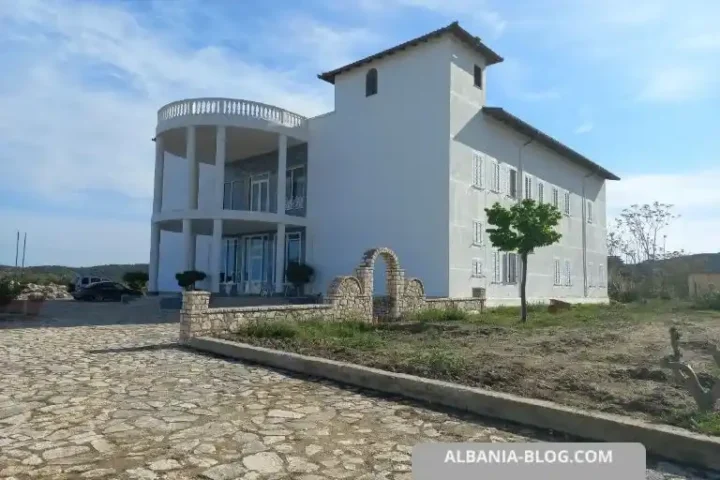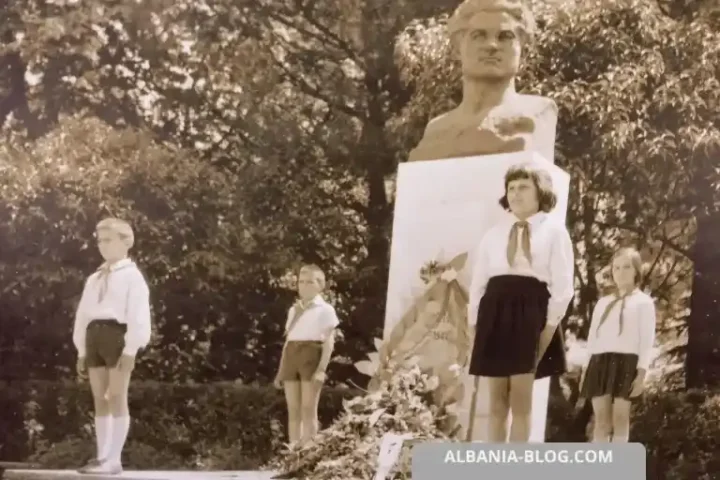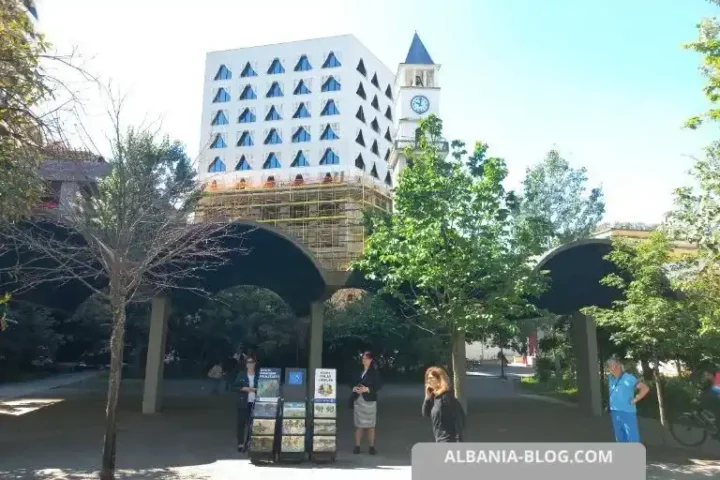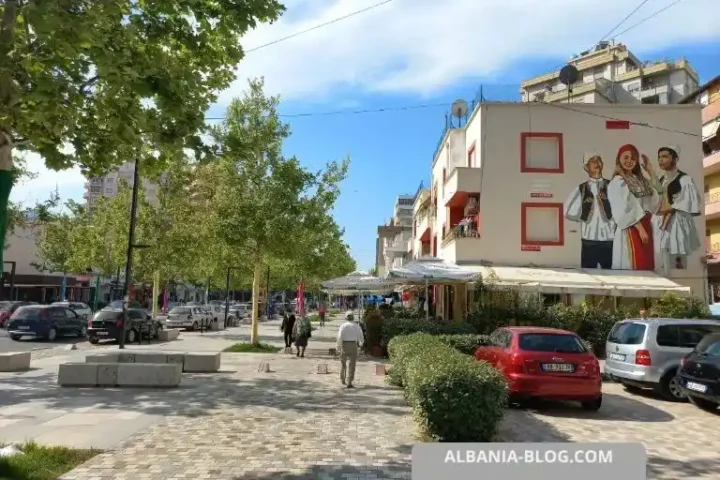Religion in Albania

There is no official religion in Albania. The country is a secular state where the government maintains a neutral status.
General Official Information
According to the Constitution adopted on October 21, 1998, the Republic of Albania (hereinafter – Albania) is a parliamentary republic where power belongs to the people.
Article 3 of the Basic Law establishes “religious coexistence” as one of the fundamental principles that the state is obliged to respect and protect.
Article 10 affirms the absence of an official religion in the country, the neutral status of the state in matters of faith and conscience, and guarantees freedom of their expression in public life. Discrimination on religious grounds is prohibited, and the equality of religious communities is recognized.
The religious communities of the country include six religious groups:
- Sunni Albanian Muslim Community.
- Bektashi Muslim Community.
- Catholic Church.
- Albanian Autocephalous Orthodox Church.
- Evangelical Brotherhood of Albania.
- Evangelical Protestant Umbrella Organization.
The state recognizes the first four groups as primary and provides them with financial support. Two groups of Evangelists do not receive such support.
The return of property nationalized during the communist regime of Enver Hoxha to religious communities is envisaged.
Official holidays in the Republic of Albania include Orthodox Easter, Muslim Kurban Bayram, Catholic Christmas, and the secular New Year on December 31.

Religious Composition of Albania
According to the 2011 population census of Albania, the religious composition is as follows:
- Sunni Muslims – 57.1% of the population,
- Roman Catholics – 10.1%,
- Albanian Autocephalous Orthodox Church – 6.8%,
- Atheists – 2.5%,
- Members of the Bektashi Muslim Community – 2.1%,
- Members of the Evangelical Brotherhood of Albania – 0.1%,
- 21.3% of respondents refused to disclose their religious affiliation.
Thus, formally (according to statistics), Muslims constitute the majority of believers in Albania.

History and Religious Demographics
Events of the past 2000 years have shaped the current religious composition of Albania.
The country has been constantly attacked throughout its history. With the conquerors came missionaries who promoted their faith.
Each time, religion in Albania changed with the arrival of new conquerors. Each new ruler established their own order.

Chronology of Conquests and Spread of Religions in Albania:
- Rule of the Roman Empire from 168 BC to 395 AD. Emergence and spread of Christianity. The period lasted approximately 563 years.
- Rule of the Byzantine Empire from 395 to 1340. Spread of Christian and Catholic religions. The period lasted 945 years.
- Serbian conquest of the country from 1347 to 1388. Period of 41 years.
- Ottoman conquest from 1388 to 1430. Emergence and spread of Islam. Period of 42 years.
- 25 years of Albanian independence. George Kastrioti Skanderbeg resisted the Ottomans from 1443 to 1468 until his death. This was a period of strong national awakening.
- Ottoman rule from 1468 to 1506 after Kastrioti’s death. Ottoman dominance continued until 1912. Over 444 years, Islam spread. The Ottomans imposed crushing taxes on “non-Muslims,” conscription into the army, and other oppressive measures. The Albanian language was officially banned. The Bektashi faith spread, allowing communion with wine and baptism, but it was still considered a branch of Islam.
- In 1912, Albania declared itself an independent state.
- The country was occupied by Italy from 1939 to 1943 and by Germany from 1943 to 1944.
- From 1944 to 1990, communists led by General Secretary of the Albanian Party of Labour Enver Hoxha established atheism and godlessness. All religious property was nationalized and used for the country’s economic needs. Religious figures were repressed. The Albanian language was rehabilitated: a standardized “literary Albanian language” was established.
Small empires like Yugoslavia rose and fell next to Albania, but Albania managed to stay out of these events.
Result: Religion in Albania was abolished by the communists. The country was made atheistic.

Modern Albanians: Attitudes Towards Religion
Religion in Albania: International Studies
Studies conducted in 2022 showed the following:
- 50.7% identify with a faith but do not attend religious institutions. People believe but do not visit religious places.
- 27.6% attend mosques, churches, and other religious centers on holidays. They are attracted to celebrations as a form of socialization and unity with others.
- 7.9% visit religious centers weekly.
- 5.4% visit religious centers more than once a week.
Thus, about half of believers do not attend religious places, and about five percent attend regularly.
The results were taken from the Euronews Albania Barometer, conducted by MRB and Data Centrum at the national level through 1,000 personal interviews from April 25 to May 7, 2022. Publication date: May 26, 2022, time: 21:27.

Religion: Personal Observations of the Author
As a result of historical events and constant pressure from conquerors, Albanians have developed a special attitude toward religion.
Today, the population is tolerant regarding faith, and citizens of various denominations coexist peacefully in the country.
Albanians have become a secular people where women have equal rights with men, do not cover their faces with veils, and wear short skirts, jeans, and sneakers.

Modern Albanians: Life Priorities
There are marriages between Christians and Muslims, between Catholics and Muslims, and so on. Religious affiliation is not a decisive factor in choosing a spouse today.
Some Albanians I spoke with noted that they consider themselves religious and adherents of a certain faith but do not attend mosques, churches, or other religious places, or only do so on religious holidays.
When I spoke with people, they were interested in my profession and family. In cafes, I often saw people of different faiths sitting together at the same table. People value mutual understanding and respect.
In three years of living in Vlora, I never saw local women wearing veils or burqas. Such coverings are very rare here.
I realized that personal qualities, family, work, and income are the most important things for Albanians.
In modern society, healthy pragmatism prevails: work (business), family (children, parents).
Priorities are structured as follows:
- Personal qualities such as honesty and integrity;
- Family, children, parents;
- Social status, employment, or income;
- Religion, nationality, and other factors.
Thus, today religion in Albania “has moved to the background” and is a personal matter.

Conclusion on Religion in Albania
What are the priorities in modern Albanian society?
How do people feel about religion and faith?
Analyzing the data, the following conclusions can be drawn:
- Each citizen determines their own beliefs;
- Faith is not the main factor in evaluating a person;
- Modern Albanian society is diverse in its religious composition;
- Women have equal rights with men;
- Work, profession, family, and children are the top priorities for modern Albanians;
- Albanian society is united by the idea of national unity and independence much more than by any religion.
The final conclusion: Albania is a modern secular state where, formally (according to statistics), Islam predominates, but in reality, no religion dominates.
In essence, all communities have equal rights regardless of their size.
Conclusion: Albanian society is tolerant of religious beliefs, recognizing the right of individuals to their opinions.
Thus, the country is not Muslim, and there is no official religion in Albania.
The state supports the peaceful coexistence of all religious groups.

Come to Albania and explore the country!
- ✅ Discover nature and cities.
- ✅ Taste local cuisine.
- ✅ Hike the mountain trails and coastal paths.
Enjoy your journey and make unforgettable memories!
You can support the author and the project by donating via PayPal:






